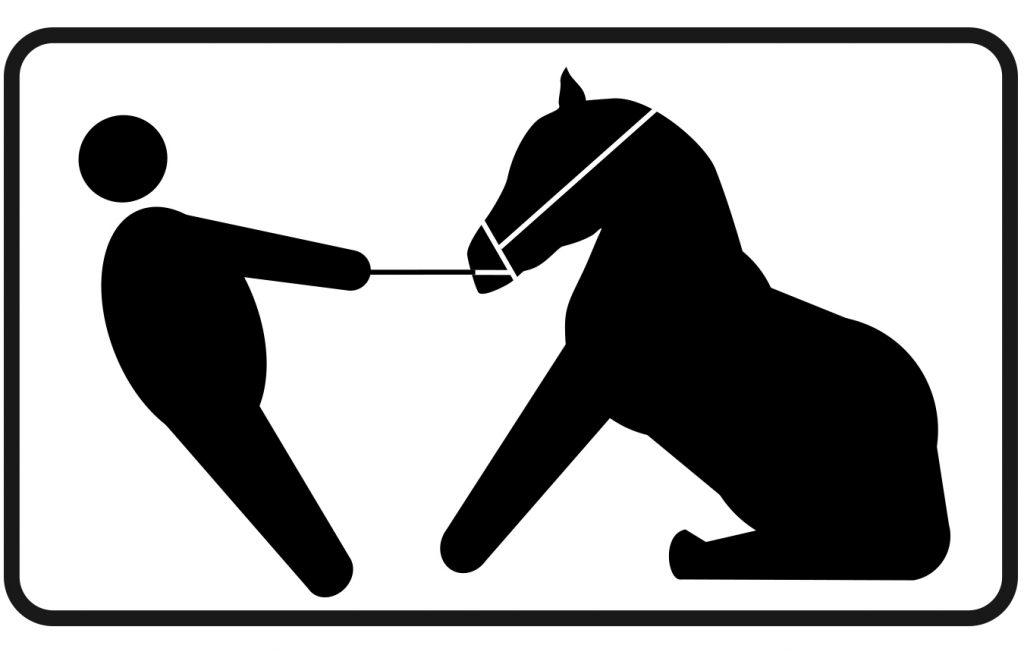The production and release of insulin is completely a natural process. It is a response to the glucose i.e. food, ingested in our body. Whatever the food we eat, it gets converted to glucose. Consequently, the pancreas produces insulin in response. Insulin helps to convert glucose into energy. It is essential that your cells must absorb glucose to receive energy. If the cells do not respond well to insulin, the levels of glucose increase in the blood. When our body cells cannot utilize insulin, therefore, glucose cannot get converted to energy. Cells starve for energy, and your pancreas compensates for this resistance by releasing more insulin.
Since the nineteenth century, descriptions of this are available. In 1931, Professor Wilhelm Falta first stated that insulin resistance may lead to Type 2 Diabetes. Sir Harold Percival Himsworth, in 1936, reinforced that it is the cause of Type 2 Diabetes. In 1960, Noble prize receiver Dr. Rosalyn Yalow with Solomen Berson identified insulin resistance with radioimmunoassay technique. Another discovery specified that insulin receptors on the cell membranes have a reduced sensitivity to the insulin message. This may result in overproduction of insulin in order to control blood sugar.
The insulin resistance is widely accepted as an important contributor to the development of type-2-diabetes. However, according to our current understanding, it has been studied that the type-2-diabetes develops in the setting of insulin resistance only when some degree of beta cell failure is also present.
Insulin Resistance
The term indicates that a certain amount of insulin produces a less than expected biologic response. The body’s response to the action of insulin is impaired and, thus, the body cannot use available insulin as effectively.
Various tissues such as muscle, liver, and fat can express varying degrees of insulin resistance. Patients with insulin resistance require a higher than a normal concentration of insulin to maintain normal glucose levels.
The human pancreas normally secrets about 30 to 50 units of insulin each day. Patients with type-2-diabetes and marked insulin resistance may use doses of insulin that far exceed the amount of insulin secreted in healthy individuals without diabetes.
Beta cell response to hyperglycemia may contribute to insulin resistance by inducing continuous elevated basal secretion of insulin (called hyperinsulinemia) which ironically may desensitize insulin signaling pathways and may impair glucose disposal, particularly through glucagon synthesis.
Hyperglycemia causes a vicious cycle whereby insulin secretion is increased but insulin resistance is also increased. The actual amount of insulin secreted can be elevated above normal levels, but may not still be high enough to counteract hyperglycemia in type-2-diabetes.
Beta cell function is closely related to loss of insulin sensitivity. Note that the first phase of insulin response is used as a measure of beta cell function. Any change in insulin sensitivity is balanced by a reciprocal and proportionate change in beta cell function to maintain normoglycemia. When insulin sensitivity is low, meaning that there is an increase in insulin resistance, increased amounts of insulin are required to bring glucose levels back to the normal range.
People with low insulin sensitivity experience larger changes in insulin secretion than those with high sensitivity to keep glucose levels normal. The normal compensation for insulin resistance is an increase in insulin secretion by the beta cells. However, the beta cell dysfunction increases in people with low insulin sensitivity (or high insulin resistance), beta cells cannot keep up with the increased demand for insulin.
The exact cause is not fully understood. Probably, one or more factors causing the insulin resistance are mentioned here.
Reversing insulin resistance is immensly important. This problem can be minimized through aggressive lifestyle changes, diet control, physical activities, few supplements and stress management. More is the insulin sensitivity, the healthier you are.
